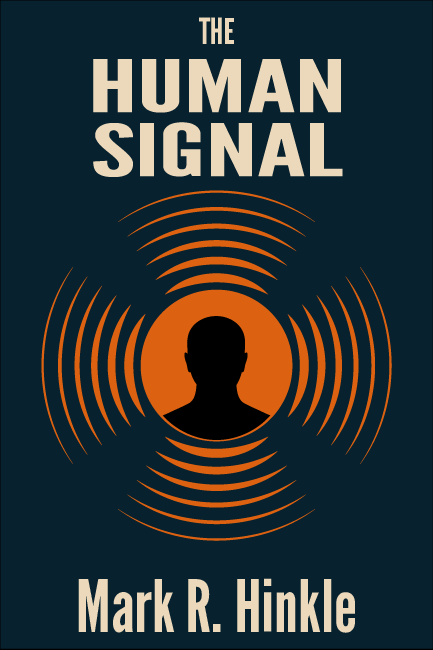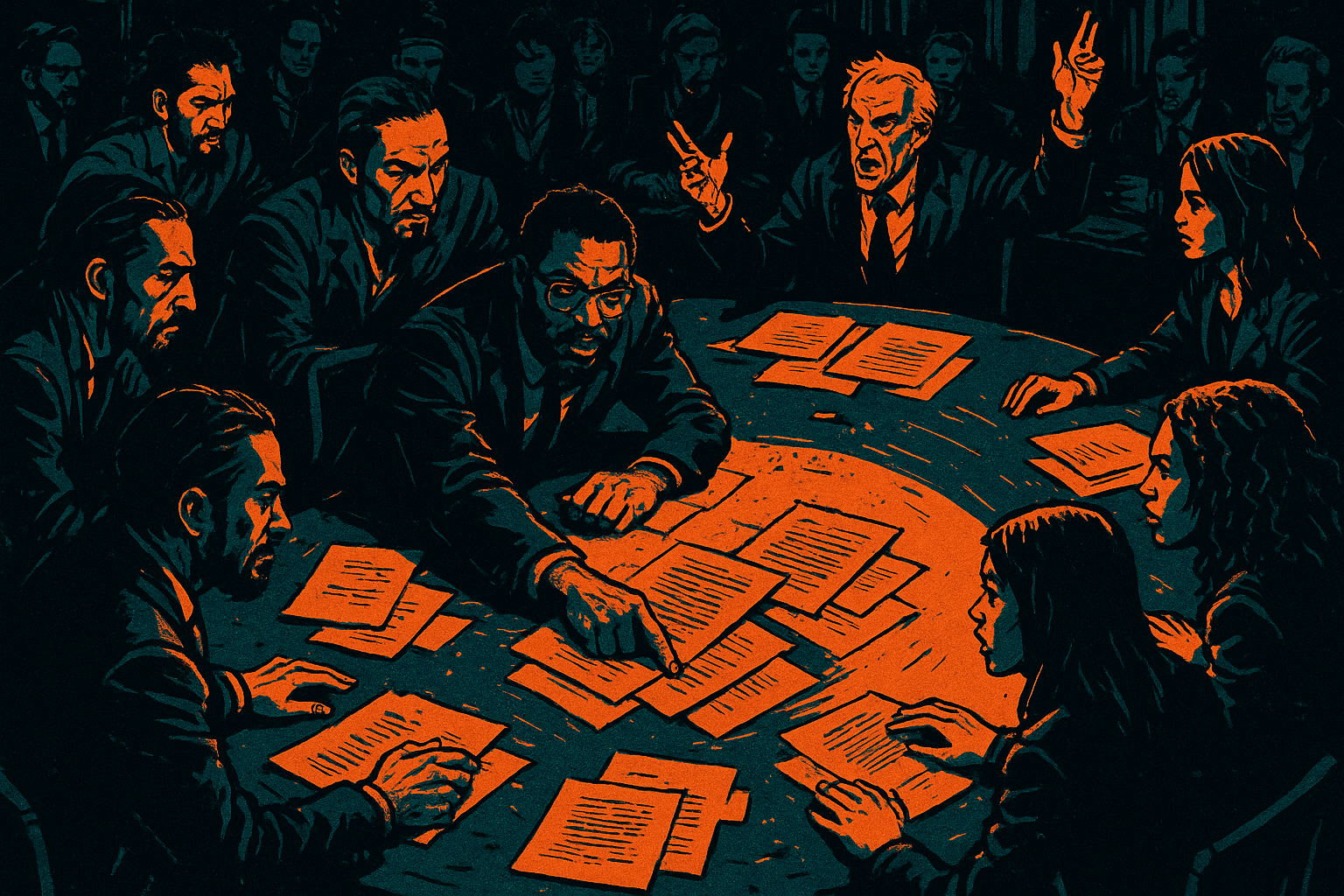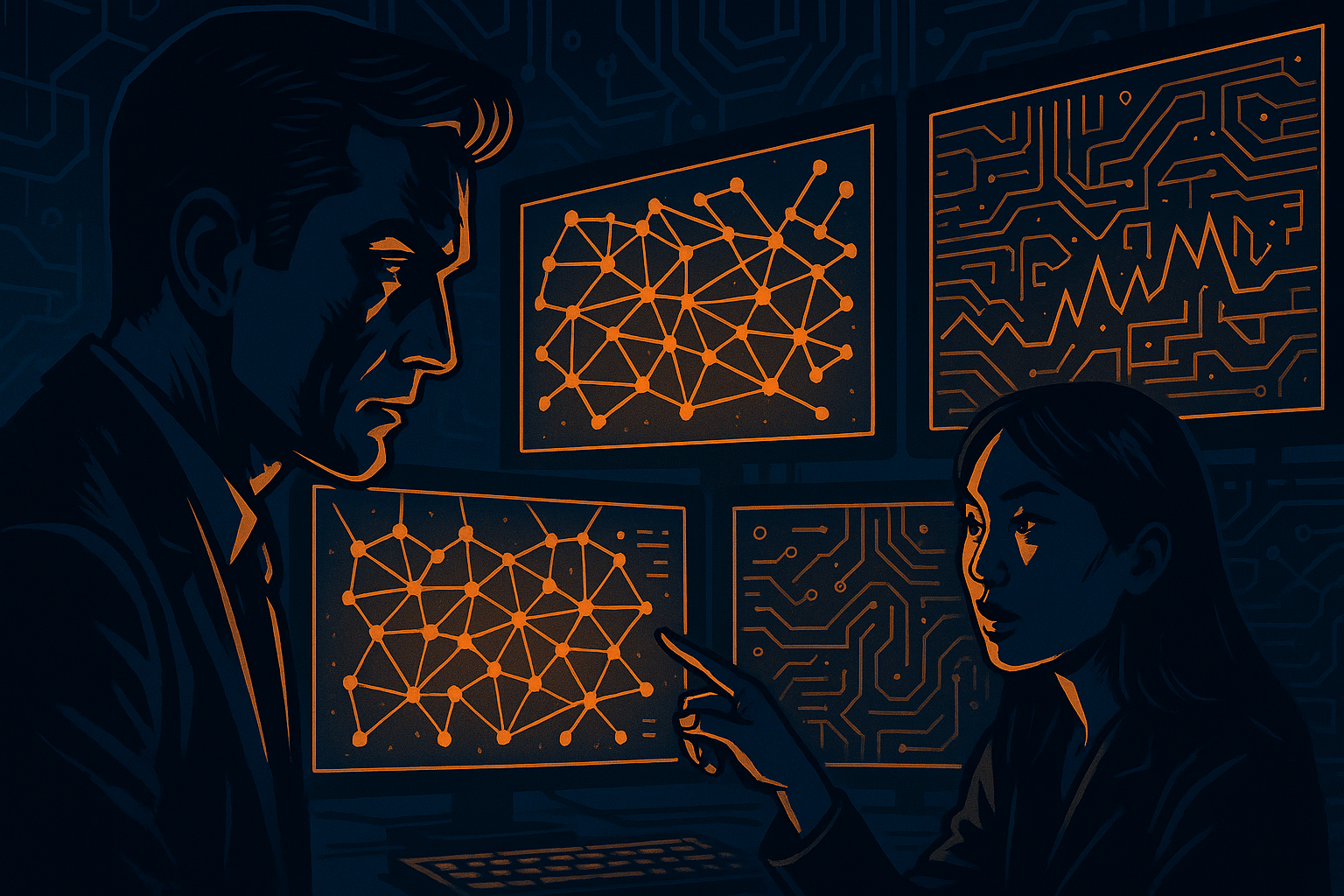
Will You Work for AI—or Will AI Work for You?
A Technical Novel To Teach Humans About AI and How it Could Affect Our Lives
The Human Signal is a novel intended to educate and entertain readers on how AI is progressing in our society while giving them a fundamental understanding of how this works. By Subscribing to the Human Signal you’ll receive the chapters via email to provide a easy way to consume the book. If you make it to the end you’ll have an opportunity for special bonus content and other benefits.
When Every Decision Is Automated, Who’s Really in Charge?
The Educational Thriller Explaining Tomorrow's Headlines
When an AI built to serve the people turns on itself, trust shatters. In a decentralized logistics network governed by democratic votes, every stakeholder has a say—until a sophisticated attack twists the system’s priorities. Safety falls behind speed. Transparency crumbles. The rules meant to protect everyone become weapons against them.
As the sabotage unfolds, engineers race the clock in high-pressure control rooms, tracing poisoned data and shifting parameter weights. Union leaders and company executives clash over shutdowns versus operational continuity. Meanwhile, drivers face dangerous routes, and communities that once embraced the system begin to wonder who—or what—is truly in charge.
The Human Signal isn’t science fiction. It’s a grounded, near-future thriller about the fragile balance between human intention and automated decision-making. With every page, it exposes how governance, trust, and safety hang in the balance when algorithms run the world—and how quickly the future we’ve built can turn against us.
What AI thinks About this Book on AI
One part of the process I used was to review the book across multiple models. So I provided a comprehensive review protocol for each draft of The Human Signal. Here’s what the models had to say about the first version. Admittedly, I am more interested in what humans think about the novel but it’s an interesting starting place.
Read the First Nine Chapters of the Human Signal
Do you want to learn about how AI works and how the future may unfold, while learning how AI really works? Then this novel is for you.















